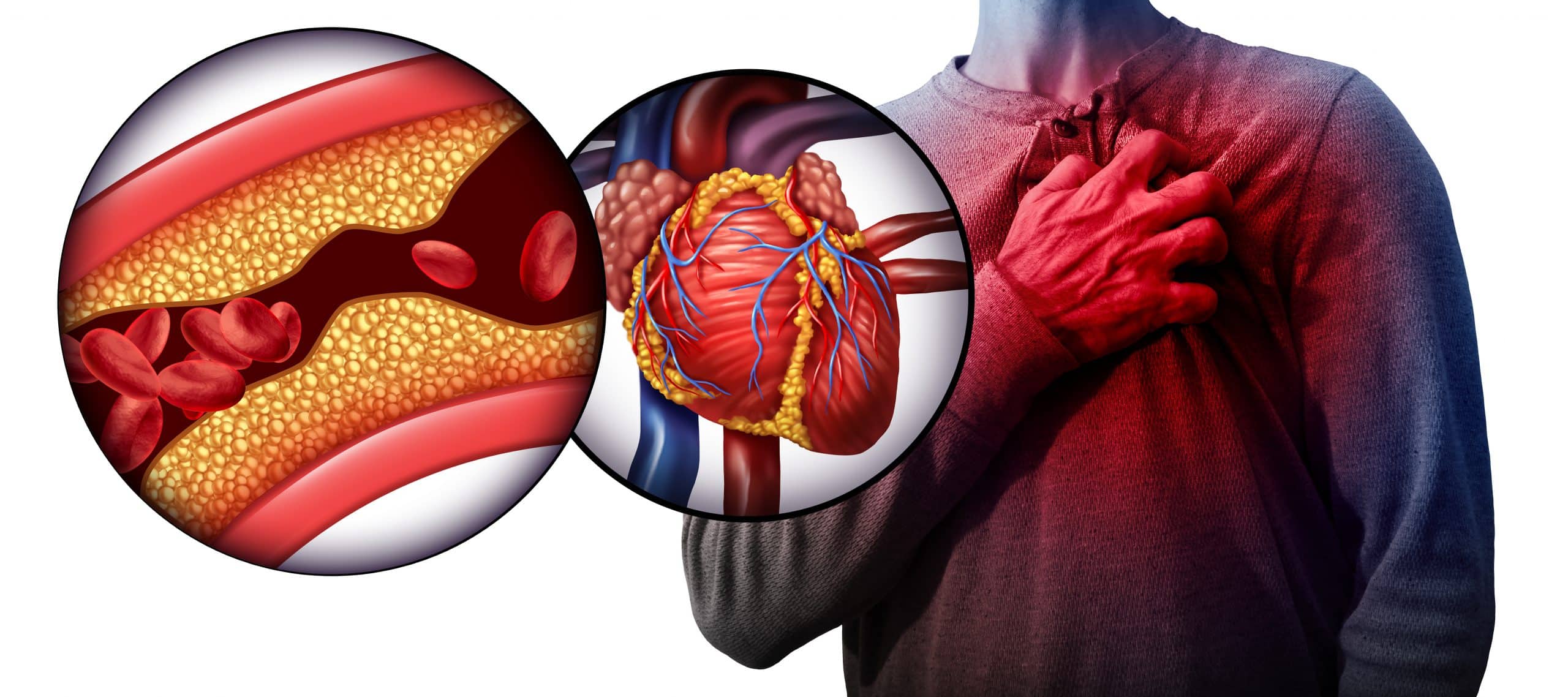01/30/2020
Guard Your Heart: Addressing The Relationship Between Anxiety and Heart Disease
Recent studies are investigating the complex relationship between anxiety and heart disease. Not only does anxiety and depression appear to be prevalent in patients with cardiovascular disease, but evidence suggests that anxiety could also be the cause of negative long-term effects on heart health, which could eventually lead to heart disease.
The Truth Behind Anxiety Disorders
Anxiety is a normal reaction to stress that can often prompt us to be more cautious and keep us out of danger. While anxiety, stress, and nervousness can be a normal part of life, chronic and persistent anxiety that begins to affect normal daily functions is defined as a mental illness, known as anxiety disorder. Anxiety disorder is a chronic condition characterized by disproportionate and persistent anxiety. The five major types include generalized anxiety disorder, obsessive-compulsive disorder (OCD), panic disorder, post-traumatic stress disorder (PTSD) and social anxiety disorder.
While there have been multiple studies that link depression to heart disease, the relationship between anxiety and cardiovascular disease seems to be a little more complex. Due to the high prevalence of anxiety in cardiovascular patients, researchers are further investigating if anxiety is a direct cause of heart disease or simply a correlation.
How Anxiety Symptoms Can Affect the Heart
However, research suggests certain symptoms that come with chronic anxiety could have a lasting, negative impact on the cardiovascular system by putting extra strain on the heart. Some symptoms of anxiety, like chest pain, even mimic those of cardiovascular disease. Other symptoms include:
- Rapid heart rate – Frequent tachycardia, or rapid heart rate, can interfere with normal heart function and overtime increase the risk of heart attack, especially in patients with cardiovascular disease.
- Increased blood pressure – Stress and anxiety cause cortisol levels to spike which increases blood pressure and heart rate. Frequent spikes in blood pressure weaken the heart muscle and could eventually lead to coronary disease.
- Sleep problems – Sleep helps to lower your blood pressure when you are sleeping. When anxiety starts to negatively affect your sleeping patterns, it could have a detrimental effect on your blood pressure and heart health.
People with anxiety often respond to stressors in ways that can be detrimental to heart health. Self-medicating by smoking, drinking alcohol, or overeating, are all known risk factors for cardiovascular disease. Forms of anxiety disorder, such as social anxiety disorder, can also lead to social isolation and loneliness. Many studies have linked both social isolation and loneliness to poor health outcomes and increased risk of heart disease.

Anxiety in Cardiovascular Patients
Anxiety has shown to be prevalent in patients who have already been diagnosed with cardiovascular disease, especially if they have experienced a heart attack. Surviving a heart attack can be a very traumatic event that can cause anxiety that is similar to PTSD. In some cases, anxiety is also prevalent in patients who have been diagnosed with cardiovascular disease and are at risk for an acute cardiac event. This is a double-edged sword because fear of suffering from a stroke or heart failure could have negative effects on a patient’s heart, but could also prompt them to engage in positive health-seeking behaviors.
Combatting Anxiety
The good news about anxiety disorders is that they are treatable. Today, anxiety disorders are the most common mental illness in the U.S., affecting almost 1 in 5 people. Treatment of anxiety often includes a combination of therapy and medication, and many people begin to feel relief from their symptoms and improved quality of life in just a matter of weeks. If you are struggling with anxiety or depression, you are not alone and there is no shame in asking for help. Seeking treatment for anxiety is an important act of self-care that will benefit your long-term mental health, emotional health and our personal favorite, heart health.
If you have just been diagnosed with heart disease and are suffering from anxiety, remember to follow the advice and treatment of your cardiologist and confide in them about any worries or reservations you may be experiencing. Exercising regularly, taking prescribed medications, sticking to a heart-healthy diet, and getting enough sleep are all ways to combat anxiety and take care of your heart.



